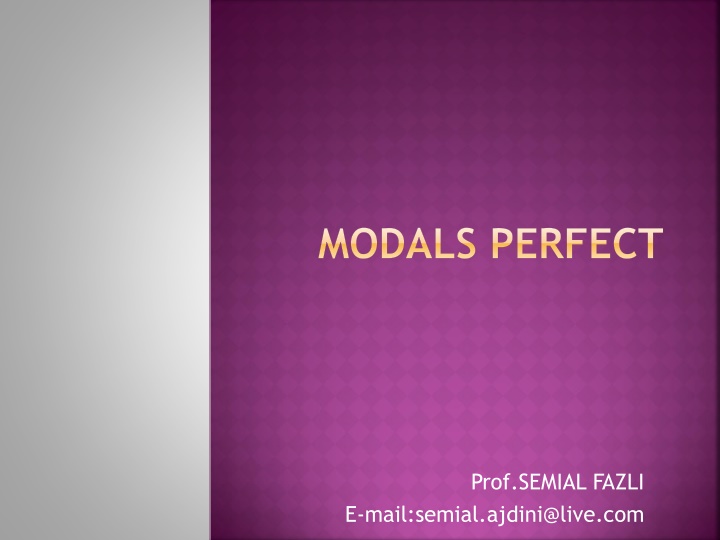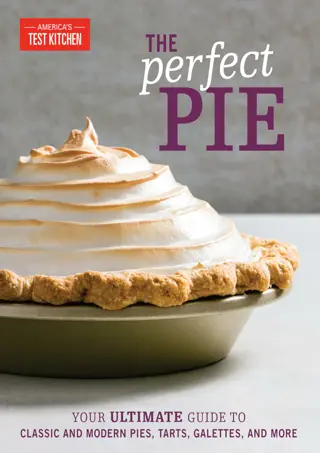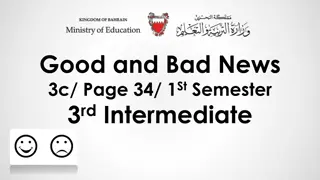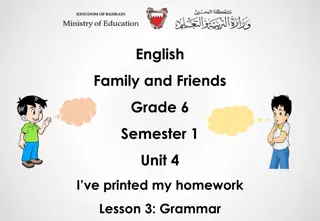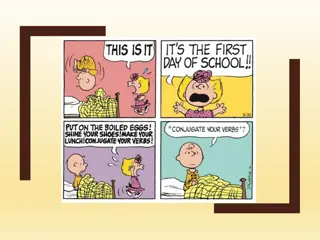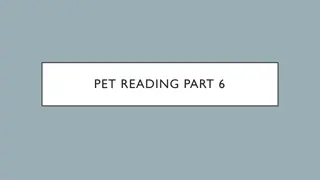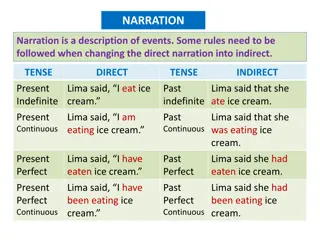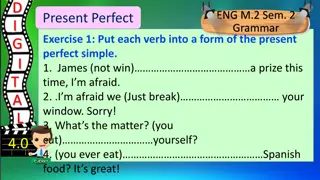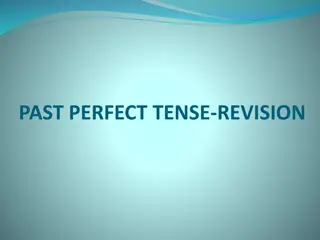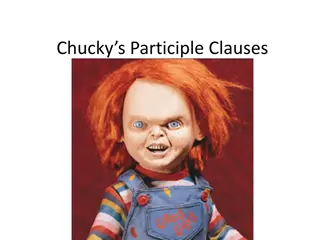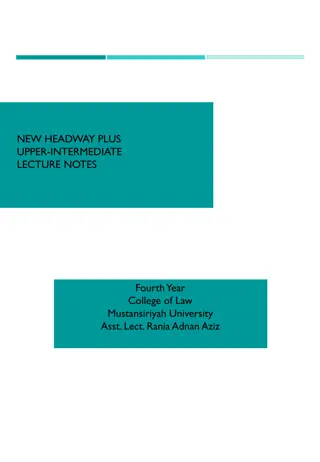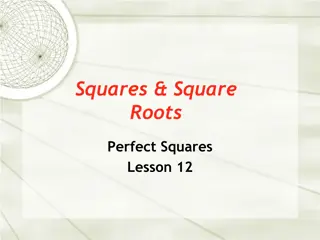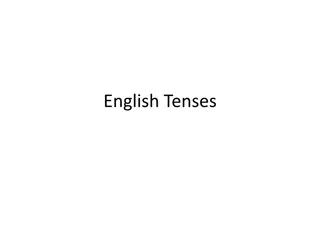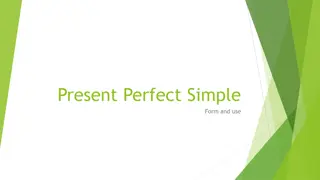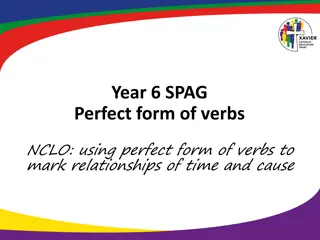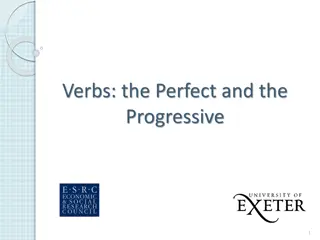MODALS PERFECT
Explore the usage of modal perfects in English grammar to express uncertainty or surety about past events. Dive into how to use "may/might have," "should have," "could have," "can't/couldn't have," "must have," and "would have" in context. Gain a clear understanding of when to apply each modal perfect through examples. Improve your English language skills with this comprehensive guide.
Download Presentation

Please find below an Image/Link to download the presentation.
The content on the website is provided AS IS for your information and personal use only. It may not be sold, licensed, or shared on other websites without obtaining consent from the author.If you encounter any issues during the download, it is possible that the publisher has removed the file from their server.
You are allowed to download the files provided on this website for personal or commercial use, subject to the condition that they are used lawfully. All files are the property of their respective owners.
The content on the website is provided AS IS for your information and personal use only. It may not be sold, licensed, or shared on other websites without obtaining consent from the author.
E N D
Presentation Transcript
MODALS PERFECT Prof.SEMIAL FAZLI E-mail:semial.ajdini@live.com
MAY / MIGHT HAVE SUBJECT + MAY/MIGHT HAVE + PAST PARTICIPLE WE use May/Might have to show that we are not sure about something in the past. Example: John is very absent-minded. He might have forgotten about the meeting.
SHOULD HAVE SUBJECT + SHOULD HAVE + PAST PARTICIPLE We use should have to show that something we were expecting did not happen. ( example: Dad should have been home by now. It s very late.) We use should have to criticize our own or someone else s behavior. ( example: You shouldn t have spent so much money on clothes.
COULD HAVE SUBJECT + COULD HAVE + PAST PARTICIPLE We use could have to show that we are not sure about something in the past. ( Example: The material art instructor was not at the gym. He could have been ill.) We use could have also to say that something was possible in the past, but that it didn t happen. ( Example: She could have sung in the competition, but her parents didn t allow her to.)
CANT / COULDNT HAVE SUBJECT + CAN T/COULDN T HAVE + PAST PARTICIPLE We use can t/couldn t have to show that we are sure that something is not true about the past. Example: She can t have been on holiday yesterday. I saw her at work.
MUST HAVE SUBJECT + MUST HAVE + PAST PARTICIPLE We use must have to show that we are sure that something is true about the past. Example: I must have been asleep because I didn t hear you come in.
WOULD HAVE SUBJECT + WOULD HAVE + past participle We use would have to say that we were willing to do something, but that we didn t d it. Example: I know you would have come dancing with me if you hadn t been so tired.
